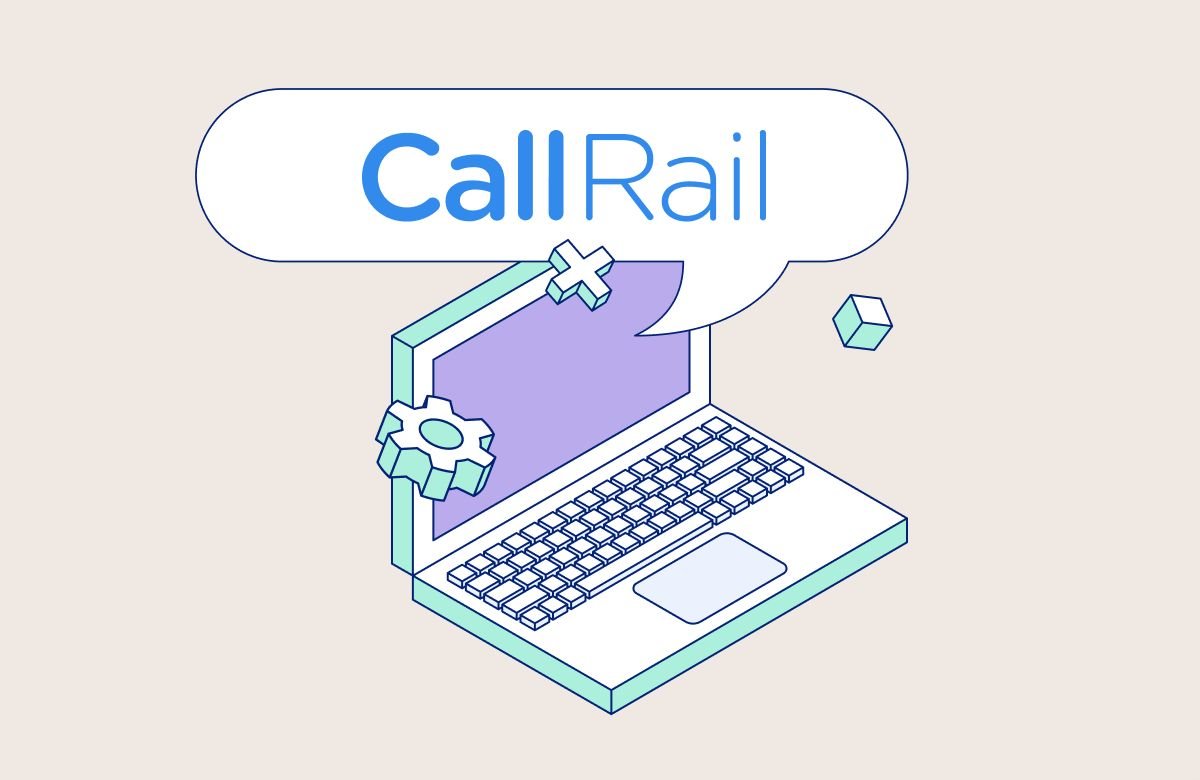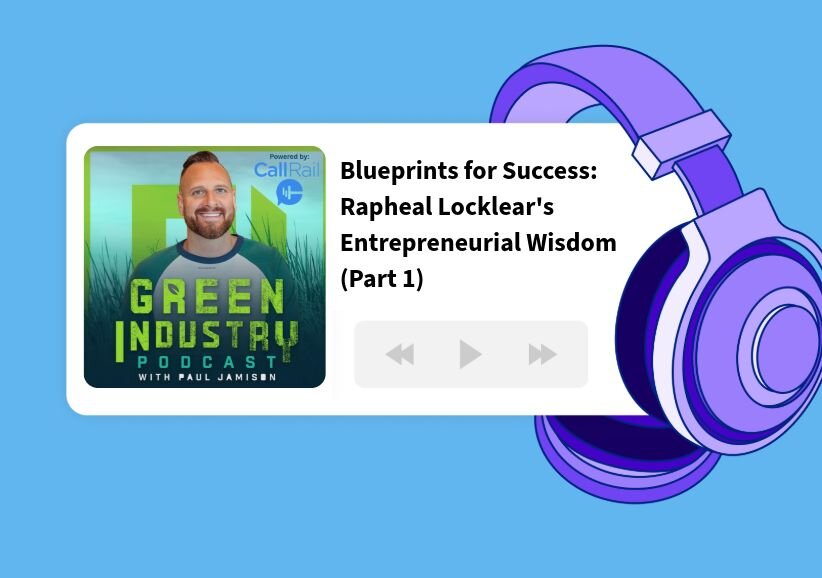Hello, and welcome back to News You Can Use, CallRail’s regular roundup of the latest and most important headlines in technology, marketing, and the wider world of business.
Keeping up with the news is integral for savvy businesses in any industry — by staying on top of the latest developments in your field, you’ll be in a prime position to capitalize on upcoming opportunities, or weather future challenges.
So without any further throat-clearing, let’s get to the news.
1) Instagram to launch longform video platform (Techcrunch)
The question of whether a competitor would rise to test YouTube’s dominance in video was only a matter of “when”, not “if” — video is far too lucrative a market for Google to go unchallenged. While many analysts expected that game-streaming site Twitch would become the first serious challenger among pre-recorded longform video platforms, Facebook has apparently taken the initiative in this contest.
The company announced recently that its subsidiary product Instagram will soon be unveiling a new hub for long-form video, expected to launch on June 20.
Users will soon be able to upload video in full HD or 4K, and the 60-second limit on video length will be removed. Instagram is also planning to launch discovery and sharing features, similar to those seen on platforms like YouTube and Vimeo, and will offer users the ability to monetize their content.
While this will do little to change Google and Facebook’s duopolistic hold on the digital advertising market, the new-and-improved Instagram should nevertheless brings some much-needed competition to the video space, where Google reigns supreme. Marketers should expect video advertising rates to become more affordable and competitive if Instagram is able to get this initiative off the ground.
2) Apple unveils AI-powered iPhone at WWDC 2018 (Wired)
At the annual Apple Worldwide Developer’s Conference (WWDC) in early June, the tech giant wowed the world with their unveiling of the new AI and machine learning programs that will power the next generation of Apple smartphones.
The opening salvo of Apple’s push for more AI is Create ML — a suite of machine learning software that developers can use to create apps and leverage the AI that will power future iPhones. During the presentation, Apple suggested that Create ML could be used to teach software to detect the mood and temperament of online commenters, or to predict how well a meal will be received based on factors like sugar content and acidity.
Developers can begin experimenting and coding with Create ML right now, and apple will begin publishing Create-ML-powered apps once the company’s latest iPhone operating system rolls out later this year.
As we’ve been saying for a while now, AI and personal-assistant tech are the future of advertising, and mobile platforms will be the lynchpin of this new marketing ecosystem
3) E3 2018 showcases gaming innovation, as industry tops $100bn annual revenue (Forbes)
Last week, the Electronic Software Association held the 24th-annual E3 (Electronic Entertainment Expo). From its humble beginnings in the mid-90s, E3 has blossomed into a full-on event whose popularity and impact rivals hobbyist and business expos alike.
Indeed, after years spent as a relatively niche hobby, gaming has exploded into the mainstream: 2017 was the first year that total global revenues for gaming passed US $100 billion, and that figure is only expected to climb in the years to come. And as the analysts at Forbes pointed out, buying stock in a popular gaming company is one of the closest things to a sure bet.
All of which points to an inescapable truth: If your business wasn’t considering gaming as a potential advertising or marketing channel, now is an excellent time to start.
4) EU parliament threatens to scrap US data-protection deal (Irish Times)
Fresh off of the controversy surrounding Cambridge Analytica’s exploitation of Facebook users’ personal data, a renewed debate around data privacy in the EU threatens to further inflame transatlantic tensions.
The EU’s Civil Liberties Commission passed a resolution calling on the European Union to end its data-sharing deal with the US. Under the current deal, businesses that operate in both the EU and US are free to transmit and share data between the two regions, provided that specific safeguards and requirements are met. Ending the deal would effectively halt the flow of data between the two regions, until a new deal can be struck.
The issue will now be taken up by the full EU Parliament in July, when members will vote on whether to preserve or scrap the deal.
Following the Facebook-Cambridge Analytica data breach, EU Parliament members have demanded more robust oversight of the data-sharing agreement — especially since both companies had previously been certified as compliant with the deal. In a statement, the Commission called on the US to “act upon such revelations without delay and if needed, to remove companies that have misused personal data from the Privacy Shield list.”
If your business operates in both the US and EU, you’ll want to pay careful attention to how this argument plays out. If the deal is scrapped, international marketers can expect to deal with more GDPR-style restrictions in the future.
5) ‘Mergermania’ begins: US greenlights AT&T-TimeWarner acquisition (Reuters)
A US judge has given the green light to AT&T to purchase TimeWarner for a reported $85 billion dollars, despite an ongoing lobbying campaign by the administration of US President Donald Trump to sink the deal.
With this acquisition, the newly christened WarnerMedia is expected to become the third-biggest media company in the world, behind Comcast and Disney.
However, that lineup could change again by the end of the summer, as the merger decision is expected to set off a wave of similar mega-mergers in the US — dubbed ‘Mergermania’ by one Reuters analyst: “This will be a blockbuster summer for media mergers,” said Mary Ann Halford, senior adviser to OC&C Strategy Consultants.
Next on the menu is 20th Century Fox, which is currently the prize in a bidding war between Disney and Comcast. Though Fox itself might turn out to be something of a White Elephant, the winner of this merger battle will become the biggest media company in history.
While executives will no doubt be overjoyed, the news is less promising for consumers. Subscribers can expect to pay higher premiums for TV and Internet services, and businesses will likely end up spending more on advertising.











